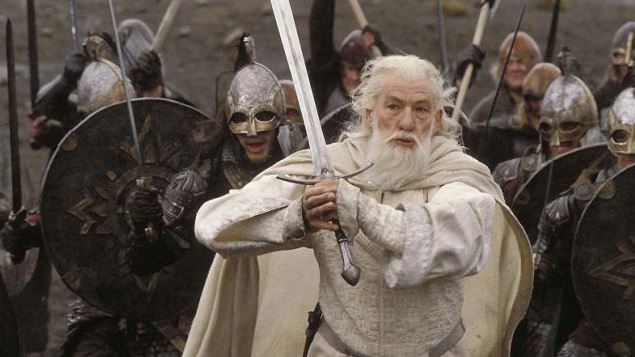That's true, but not really accurate.
Firstly, Rand is an exceptionally powerful channeler, vastly more powerful than virtually all other channelers. Even in the Age of Legends, the Dragon was one of the most powerful channelers, and in the time the books are set even weaker channelers from the Age of Legends are significantly more powerful than most Aes Sedai. He's a chosen one, and it doesn't make sense to use him as a baseline of power for that setting. That would be like saying that because Elminster and Sadira exist, every D&D mage should be their equal (even a 20th level mage pales in comparison to those characters). If the expectation is for every caster to be Rand al Thor, then every martial should reasonably expect to be the equal of Goku (or something).
Secondly, there are in fact limits to what the magic can do. Even wielding Callandor, Rand fails to restore the life of a single child. Characters have strengths and weaknesses in the various elements that compose the magic, and this influences what kinds of effects they're good at. Even Rand acknowledges that he's far less skilled at weaving air and water than earth and fire. There are things that casters can do in D&D that are simply not possible in WoT.
Thirdly, the casters themselves do have limits. Someone who channels too much of the One Power might collapse, have their connection to the Source damaged, or even burn themselves out and sever their connection entirely. It would be like if a wizard risked permanently losing access to their spell slots by casting too many spells.
Lastly, being a channeler in the WoT comes with certain drawbacks. Channelers are often mistrusted. Woman are typically bound by the magical three oaths (speak no untrue word, do not make weapons for killing, and only use the One Power as a weapon in self defense). Male channelers go insane, and are usually hunted down if their abilities become known. There are magic items which can literally enslave and torture channelers, but do nothing to ordinary people. There are also certain herbal concoctions that can block someone from touching the Source, as well as ways that a channeler can block another from doing so. I've talked to plenty of people who would probably pitch a fit if similar restrictions were placed on D&D mages, lol.



